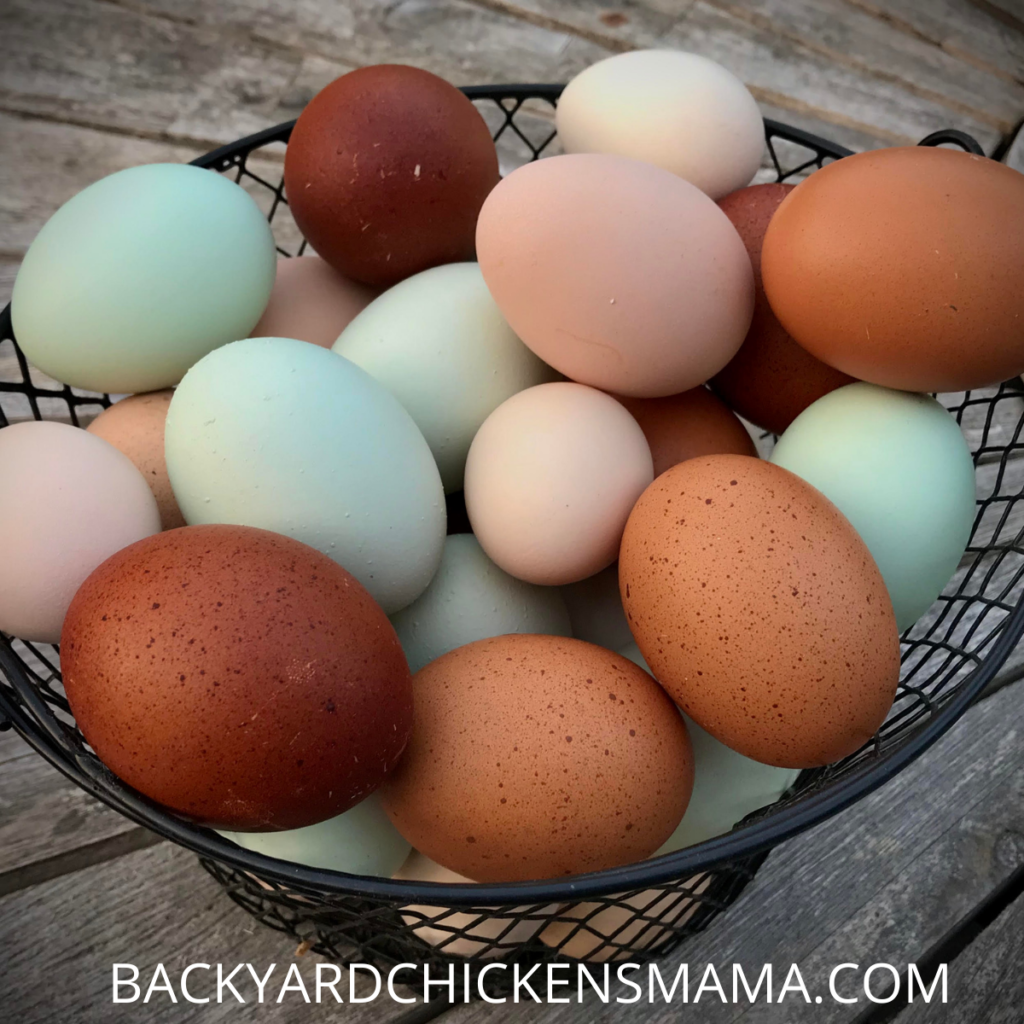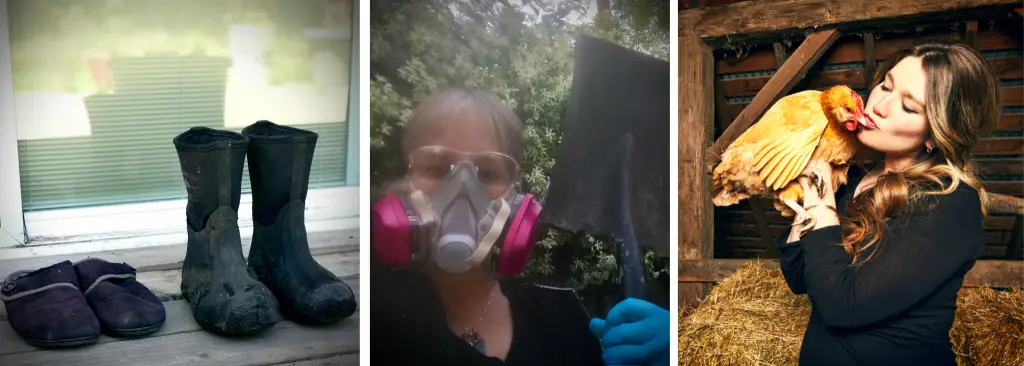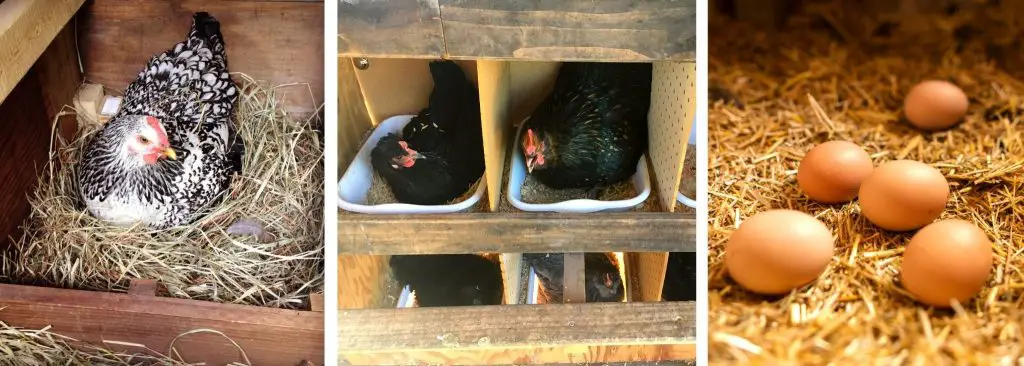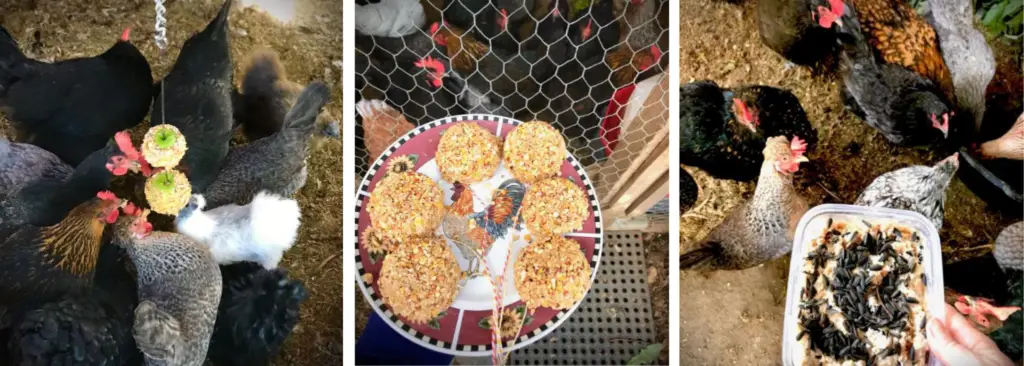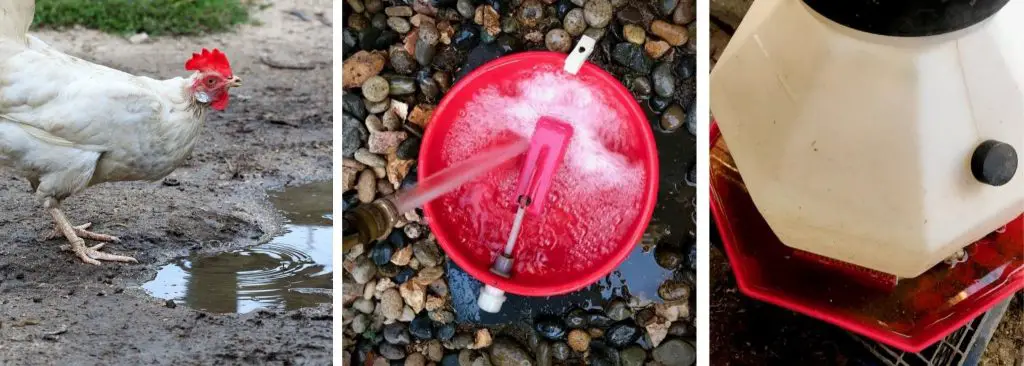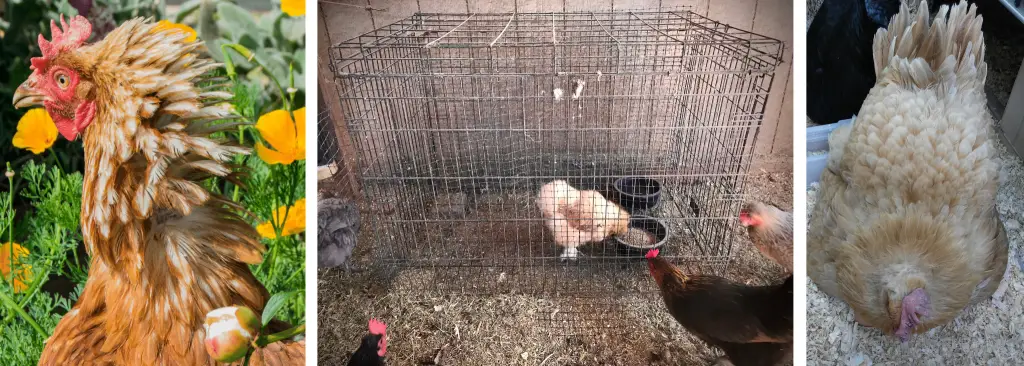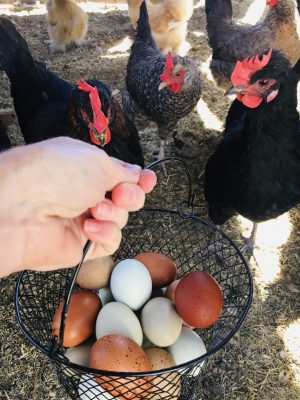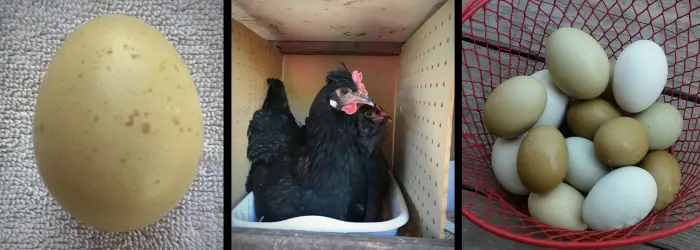
It’s Winter time and the days are getting shorter. It’s also much colder outside and your chickens are not earning their keep. The following is a list of 12 secrets that will get your chickens laying more eggs, rain or shine!

Increases egg laying naturally.
- Improves chicken health.
- Deters parasites: mites, lice, fleas & flies as well as mice, rats, raccoons, coyotes, opossums and more!
- On SALE!
- Shop: Nesting Box Herbs
| SECRETS TO INCREASED EGG PRODUCTION |
|---|
| 1. ADD HERBS TO YOUR CHICKENS NESTING BOX AND AROUND COOP |
| 2. KEEP THE CHICKEN COOP CLEAN |
| 3. KEEP THE NESTING BOXES CLEAN |
| 4. PROVIDE THE PROPER FEED/DIET |
| 5. FEED HIGH PROTEIN TREATS |
| 6. PROVIDE OYSTER SHELL OR CRUSHED EGG SHELLS |
| 7. DECREASE STRESS |
| 8. PROVIDE FRESH, CLEAN WATER DAILY |
| 9. CHOOSE A BREED KNOWN TO LAY YEAR ROUND |
| 10. DEAL WITH YOUR BROODY HENS |
| 11. PROVIDE ARTIFICIAL LIGHTING |
| 12. SPEND TIME WITH YOUR CHICKENS! |
1. Provide a Variety of Herbs that Stimulate Egg Laying

Increases egg laying naturally.
- Improves chicken health.
- Deters parasites: mites, lice, fleas & flies as well as mice, rats, raccoons, coyotes, opossums and more!
- On SALE!
- Shop: Nesting Box Herbs
9 Herbs that Stimulate Egg Laying
- MARIGOLDS
- ROSEMARY
- FENNEL SEED
- CHAMOMILE
- PEPPERMINT
- PARSLEY
- MARJORAM
- DANDELION LEAF
- LAVENDER
2. Clean Your Chicken Coop
It’s important to keep your chicken coop clean. It should be cleaned out at least on a weekly basis, with a deep cleaning every month. When chicken manure builds up, it will begin to smell very strongly of ammonia.
This not only can make your chickens stop laying, but is harmful for your chickens to breathe.
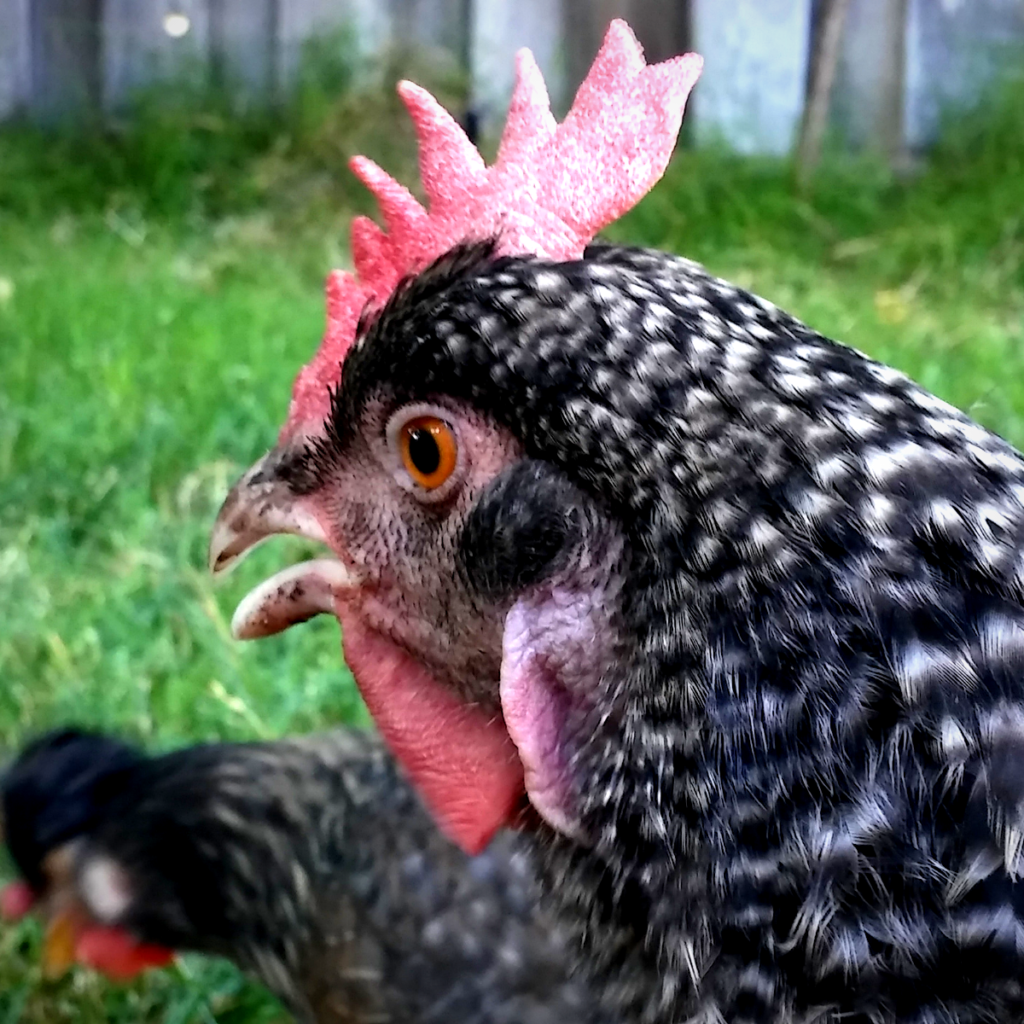
If you find that your chicken coop is beginning to smell like ammonia, take action right away. It’s not healthy for your chickens to breathe ammonia fumes.
If they are locked in their hen house at night, they are being subjected to the odor for extended periods of time and are probably miserable.
They can develop respiratory illnesses and even die. Let fresh air in by opening doors and windows for ventilation to bring down the ammonia smell. Once you clean your coop and increase your ventilation, give your hens a few days to a week and they should return to laying eggs again.
3. Make Sure Nest Boxes are Clean
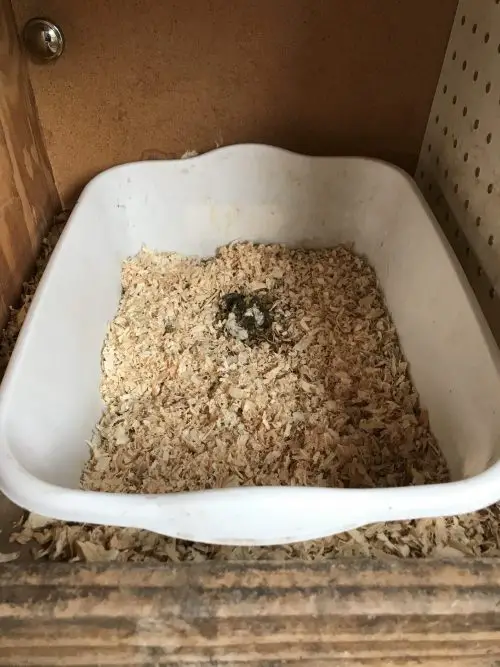
Hens are particular about where they lay and if their nest boxes don’t seem “right” to them, they can stop laying all together. Make sure nest boxes are clean and smell good.
- Make sure that they smell good and are poop free.
- If you have hens that sleep in the nest boxes, this is a bad habit and it should be dealt with. Keep lower perches available for silkies.
- Poop should be removed daily and a complete cleaning of the nest box on a weekly basis.
- Inspect nesting boxes for mites. With a proper cleaning schedule, you should be able to get this under control.
- Sprinkle a little Diatomaceous Earth in the nesting boxes. You can get this at Amazon at a very reasonable price. This will help to exterminate mites and lice. It can also be sprinkled in their food and acts as a dewormer.
- Make sure that you provide enough nesting material for your hens. Hens prefer a soft place to lay eggs.
4. Provide Proper Hen Feed
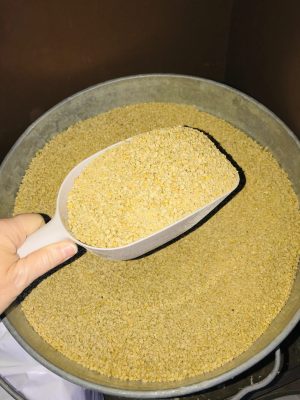
Once hens reach around the age of 20 weeks, they begin to lay eggs. Some hens begin laying sooner, others later. When they begin to lay, it is time to switch their feed to a layers pellet, crumble or mash and provide increased calcium in their diet.
Layers feed contains between 14-16% protein, and it encourages egg laying. Don’t offer laying feed to young chicks. The protein is too high and it can harm their kidneys.
Also, have oyster shells available for your laying hens. Do not put it in their feed, instead offer it in a separate feed bowl. Hens are smart and will only ingest it as needed. Do not feed oyster shell to young chicks as it can also harm their kidneys.
5. Feed Chickens High Protein Special Treats

Provide high protein special treats such as mealworms, grubs, black oiled sunflower seeds (B.O.S.S.) and scrambled eggs. Yes, scrambled eggs. They are especially good for a chicken that is under the weather.
6. Provide Oyster Shell or Crushed Egg Shells
Chickens require calcium in their diet and when hens begin to lay require 4-5grams/day. Growing pullets should only receive around 2.75 grams. This is why it is important to feed your chickens the proper feed for their age.
Hens need the increased calcium for the development of the egg shells. If you notice that the egg shells are soft or breaking, they probably need more calcium in their diet.
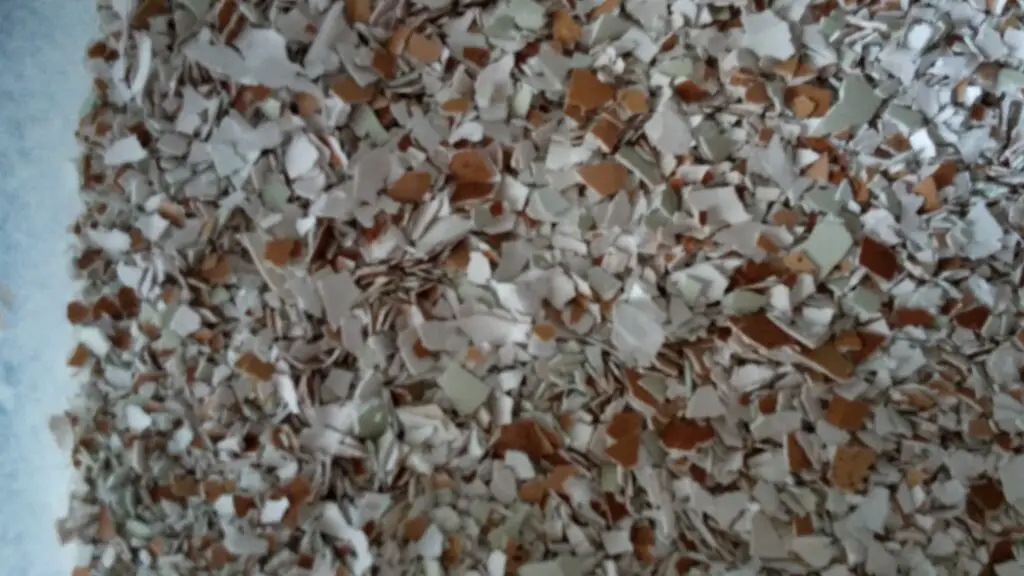
Calcium can be provided for laying hens in the form of crushed up egg shells. I save my hens egg shells, dry them out, crush them and offer it to them in a separate container.
Calcium can also be offered in the form of crushed oyster shell, pellet or flake size. Chickens are smart. Offer this in a separate container and they will only eat what they need.
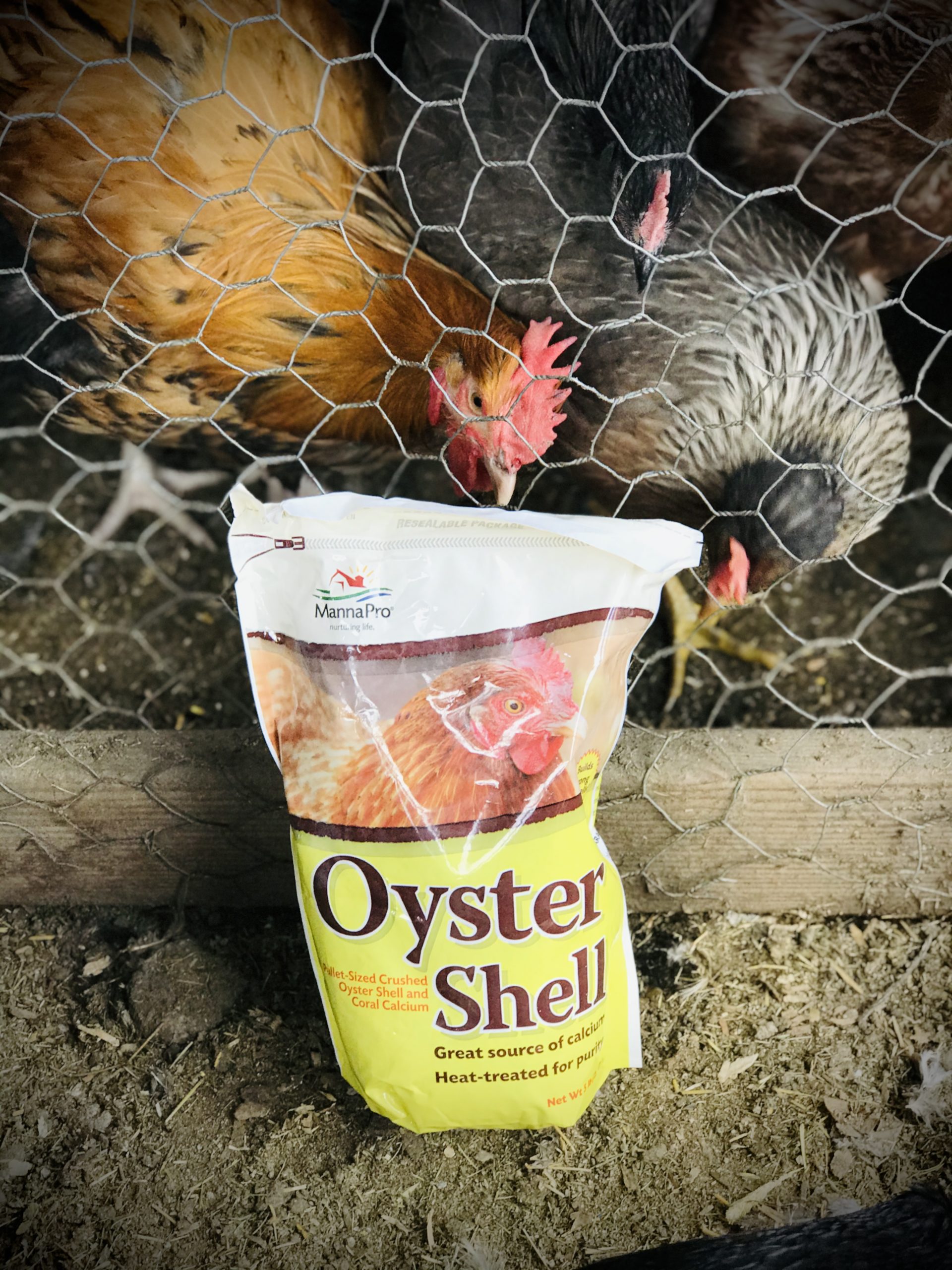
Do not mix crushed egg shells or oyster shell with the chicken feed. This can lead to your hens consuming too much calcium which can lead to other problems.
What happens if I feed my chicken too much calcium?
Giving a chicken too much calcium can cause uric acid to build up in their system and cause blockages in their kidneys. It can also lead to softening of the bones, causing rickets.
7. Decrease Stress
How does stress affect egg production?
Stress can most definitely affect egg production as well as egg quality. Just like humans, hens do not like to be exposed to stress and it shows in their egg production.
When hens are stressed, stress hormones are released, causing a change in egg production. Hens that are stressed will stop laying, lay less frequently or lay eggs that are off lesser quality.
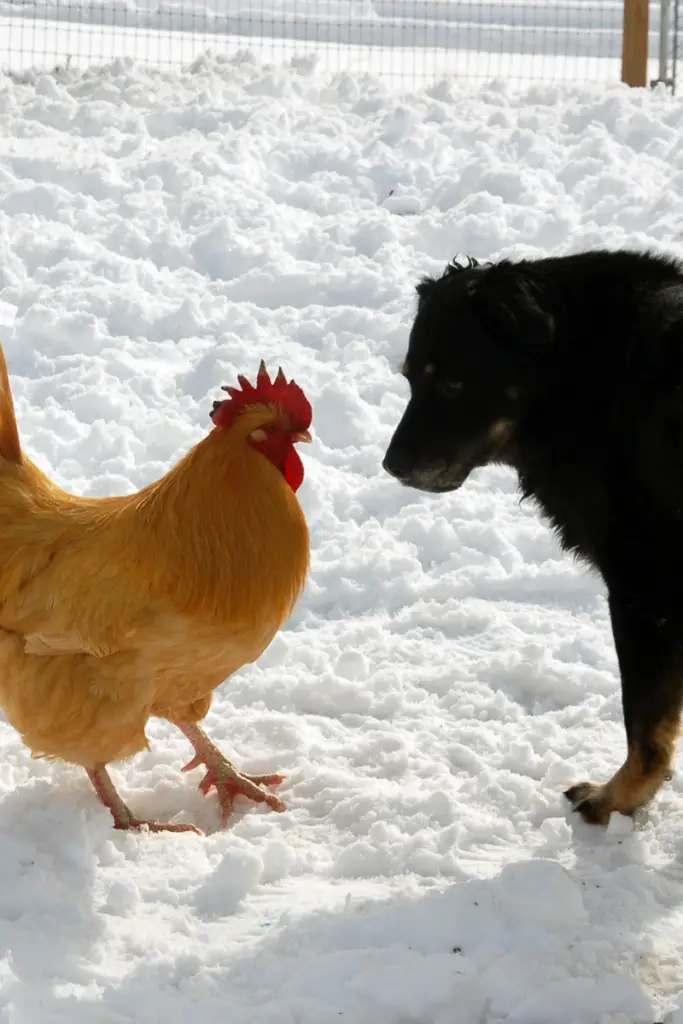
Chickens can get stressed for a variety of reasons:
- predators are getting into their coop at night
- neighborhood dog is terrorizing them
- kids are chasing them
- they are injured
- they are ill
- overcrowding
- insect infestation
- lack of food or water
- too hot or too cold
As a backyard chicken owner, it is your responsibility to make sure that your flocks’ needs are met, this includes their safety and well being. If you notice that their egg production has declined, find out the reason why and address the problem.
8. Provide Hens Clean, Fresh Water Daily
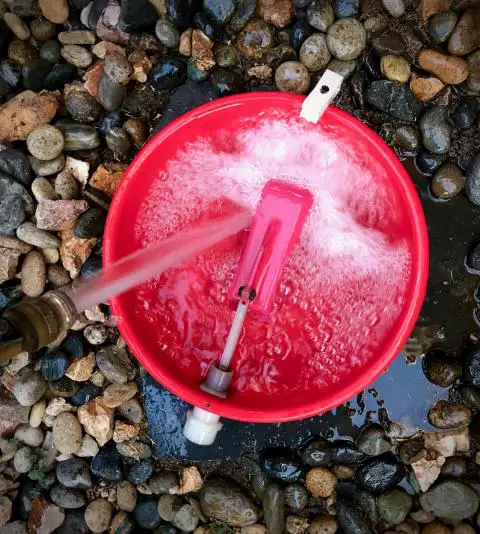
It is essential to have water available for your flock at all times. Especially during the hot weather, chickens need access to cold water or they can become heat stressed and stop laying.
Chickens not only will stop laying if they don’t have sufficient water, but can dehydrate too. During hot weather you will find that you need to refill their watering containers more frequently.
9. Choose the Right Breed of Chicken
Certain breeds lay more eggs than others. If your goal is to have a lot of eggs, then you need to choose chickens that are bred for egg production (300+ eggs per year).
Some breeds only lay around 100 eggs a year and no matter how many of tips you follow, that hen will still only produce that amount.
| BREED | EGGS/YEAR |
|---|---|
| SILKIE | 100+ |
| ORPINGTON | 160+ |
| RHODE ISLAND RED | 260+ |
| EASTER EGGERS | 200+ |
| OLIVE EGGERS | 160+ |
| WHITE LEGHORN | 280+ |
| STAR | 260+ |
| POLISH | 100+ |
10. Deal With Your Broody Hens
Broody hens do not lay eggs. So, if it’s eggs that you are wanting, then you need to break your broody hens from sitting in their nest box.
Silkies are one of the broodiest breeds. They make good mama’s and are often seen sitting on other coop mates eggs, hoping to hatch them.
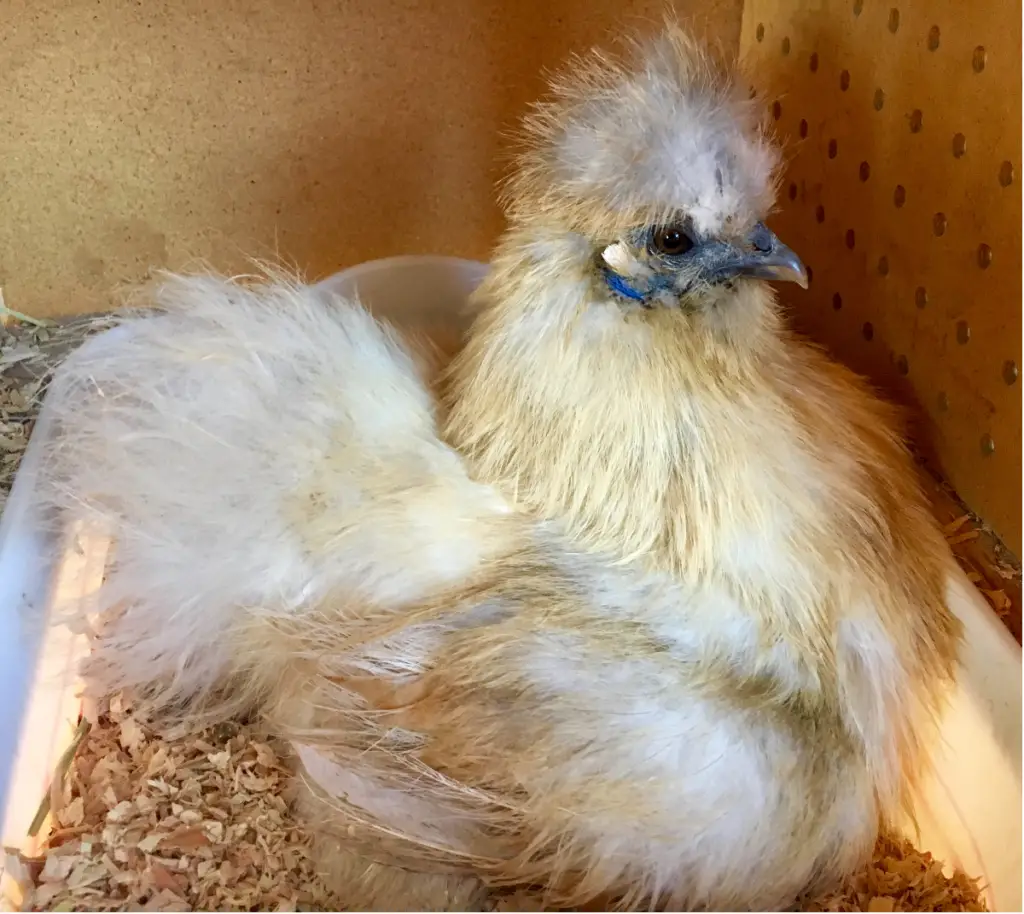
There are many different methods that can be used to deal with your broody hens. Some hens are easy to break and just need frequent removing from the nest box.
Really broody hens may require being isolated in a “time-out pen,” or “chicken jail,” in order to break them from their broodiness.
11. Provide Artificial Light
When winter rolls around, the hours of light begin to decrease and so does your hens egg production.
Laying hens reproductive cycle is stimulated by light. Many chicken owners will place a light inside of the hen house to keep up the egg production.
Chickens need about 14 hours of light per day for optimum egg laying. By providing artificial light when the days get shorter, you are “tricking” them into laying eggs into the winter.
Hens produce more eggs when they are exposed to more sunlight. This is why hens produce more eggs in the Spring and Summer.
12. Spend Time With Your Chickens
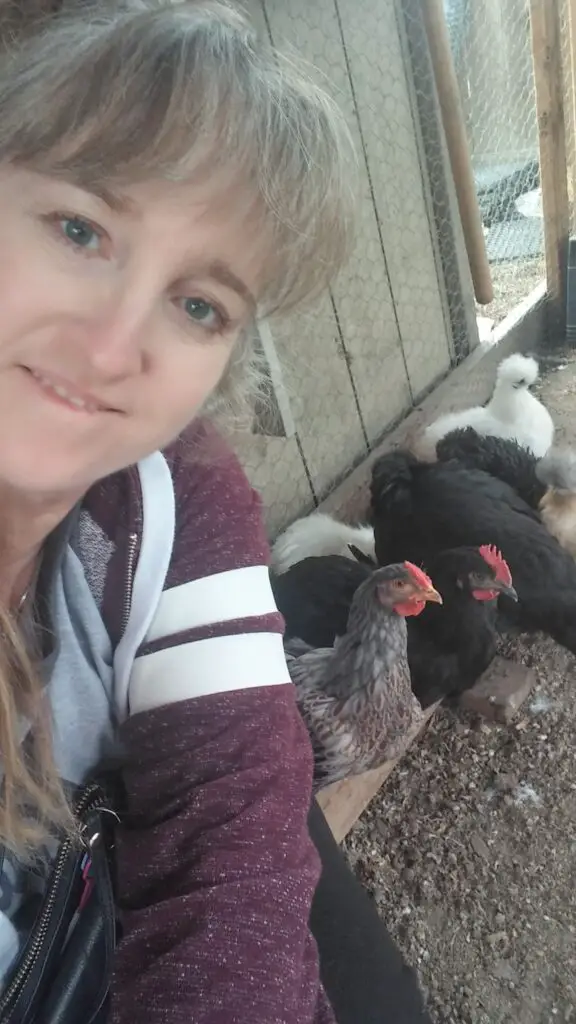
I like to add this tip because I really think that if you spend time with your chickens, you will be able to recognize any problems they may be having and attend to their needs.
Chickens that have all their needs being met are happier, healthier and more productive!
Taking some time and sitting by your chickens can also give you the opportunity to notice any problems that are occurring within the flock that need addressed.
Hanging out with them, you may notice that their chicken waterer isn’t functioning right or their hen house needs some repairs so predators can’t get to them at night.
Just spending time with your flock is not only relaxing, but can provide you with an escape from the everyday stresses in your life. Even more important, it is building memories that you will have of them that will last forever.
CONCLUSION: 12 Secrets that Will Get Your Chickens Laying More Eggs
| SECRETS TO INCREASED EGG PRODUCTION |
|---|
| ADD HERBS TO YOUR CHICKENS NESTING BOX AND AROUND COOP |
| KEEP THE CHICKEN COOP CLEAN |
| KEEP THE NESTING BOXES CLEAN |
| PROVIDE THE PROPER FEED/DIET |
| FEED HIGH PROTEIN TREATS |
| PROVIDE OYSTER SHELL OR CRUSHED EGG SHELLS |
| DECREASE STRESS |
| PROVIDE FRESH, CLEAN WATER DAILY |
| CHOOSE A BREED KNOWN TO LAY YEAR ROUND |
| DEAL WITH YOUR BROODY HENS |
| PROVIDE ARTIFICIAL LIGHTING |
| SPEND TIME WITH YOUR CHICKENS! |

